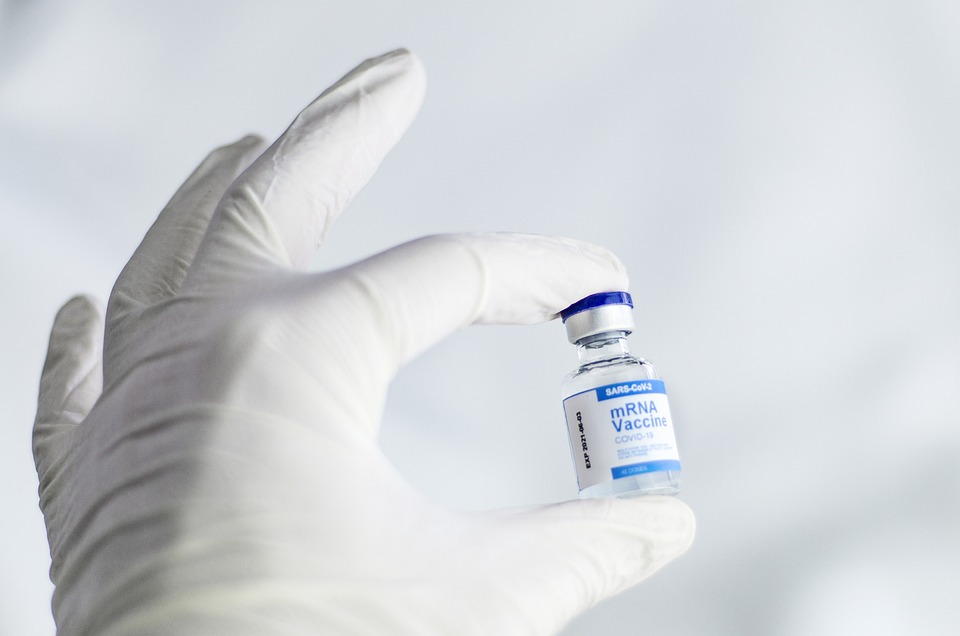
Benefits of booster campaigns questionable
Three small-scale studies hinted at new COVID-19 vaccination boosters not significantly enhancing the immune response to Omicron variant.
While Pfizer Inc and BioNTech SE financial outlooks in February prognosed more than $50bn in combined coronavirus disease (COVID-19) vaccine sales in 2022, new studies suggest that the booster vaccines are not necessary to protect all people from harm by an infection with SARS-CoV-2 Omicron variants. In the European Union there are 14.5 million estimated immunocompromised people who are in need of the vaccinations because of the underlying conditions that are already straining their immune system.
First-generation vaccines were specifically designed to protect against severe disease and death caused by the first pandemic variant of SARS-CoV-2. Due to mutation new and emerging variants became more and more immunoevasive. The currently still dominant variant, Omicron, has kept scientists developing the booster vaccinations on their toes. Now, data from high profile immunology labs around the world is surfacing raising doubts about the need of booster vaccinations for non-immunocompromised people.
Two pre-printed studies from the universities of Columbia and Harvard, released in late October 2022, and a study from the University of Tübingen in Germany published in Science Immunology on November 1st, claim that the booster vaccinations do not perform markedly better than the old shots against the infection by SARS-CoV-2 Omicron variants. However, Pfizer and BioNTech announced on Friday that their bivalent booster elicited approximately 4-fold higher neutralizing antibody titers against Omicron BA.4/BA.5 sublineages compared to the original COVID-19 vaccine in 36 individuals older than 55 years of age. For pre-menopausal women, the PRAC committee of the EMA reported a causal relationship between heavy menstrual bleeding and mRNA-based COVID-19 vaccines the day before, which must now be published on the package leaflet. On Wednesday, Moderna cut its sales forecast for its COVID-19 vaccine Spikevax as Q2/22 revenues ($3.1bn) fell short of analysts’ expectations($4.4bn).
In all three studies examining different aspects of the performance of the new shots against the SARS-CoV-2 Omicron variants. Specifically, both us studies demonstrated that the antibody response was slightly higher with the Omicron-specific boosters than with the original jabs. In contrast the Tübingen study only examined the T-cells mediated immunity that was shown to be relatively stable in previous studies. With the small sample sizes of 21 and 18 and 16 participants respectively, the studies are deemed highly preliminary. Data from larger studies are expected in the near future. Among others, Pfizer themselves announced to provide data later this year. The press office of the European Medicines Agency was not reachable to report on the missing data which are supposed to scientifically and statistically back up the decision of millions of people to get one more shot
The European Centre for Disease Prevention and Control and the European Medicines Agency recommend a fourth booster for everyone over the age of 60 as well as immunosuppressed, immunocompromised, and people with severe previous health conditions. Politicians, however, are widely suggesting the younger and healthy to consider a fourth booster as well, which is met with indignation by the German Standing Committee on Vaccination (STIKO) representative Thomas Mertens, who persists that no studies back up these medical suggestions and one should not operate on the principle of "a lot helps a lot".
In the second week of November, BioNTech raised its forecast for the year despite a sharp decline in the number of people vaccinated. At the same time, Pfizer announced that it would quadruple the price of the booster vaccination to between $110 and $130 when the pandemic emergency expires in 2023.



 adobe.stock.com - ipopba
adobe.stock.com - ipopba BioDlink
BioDlink